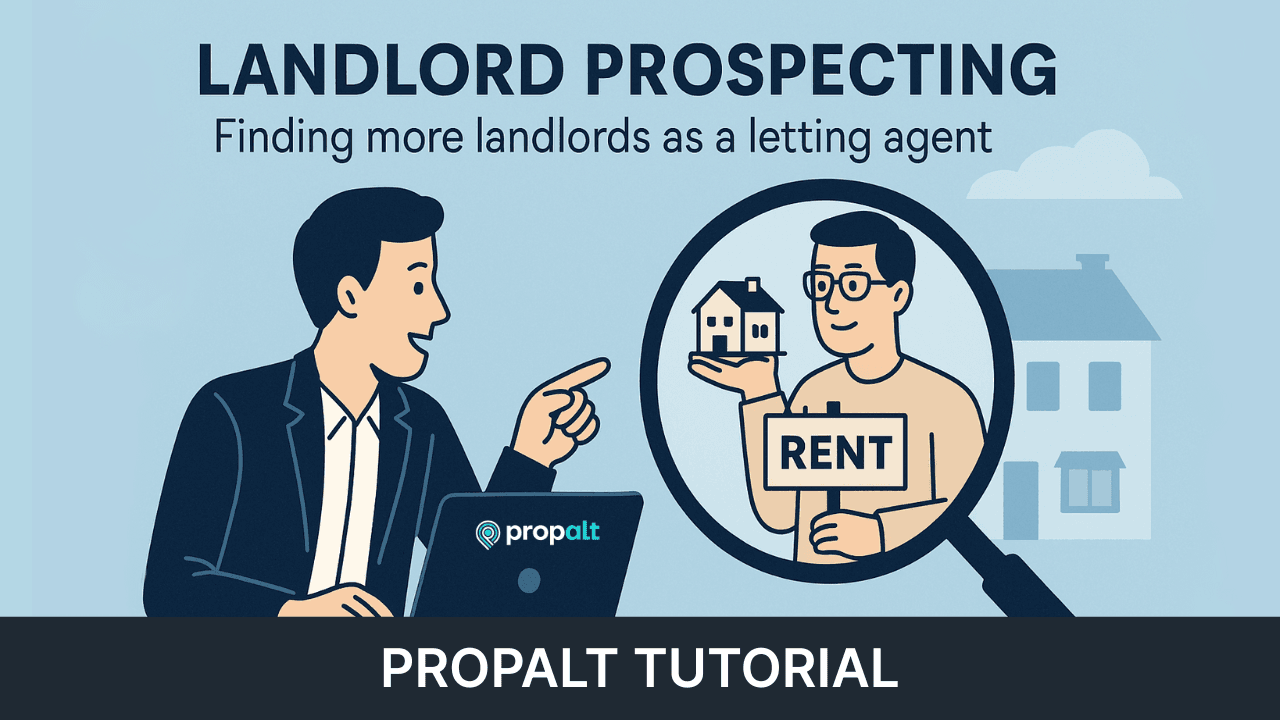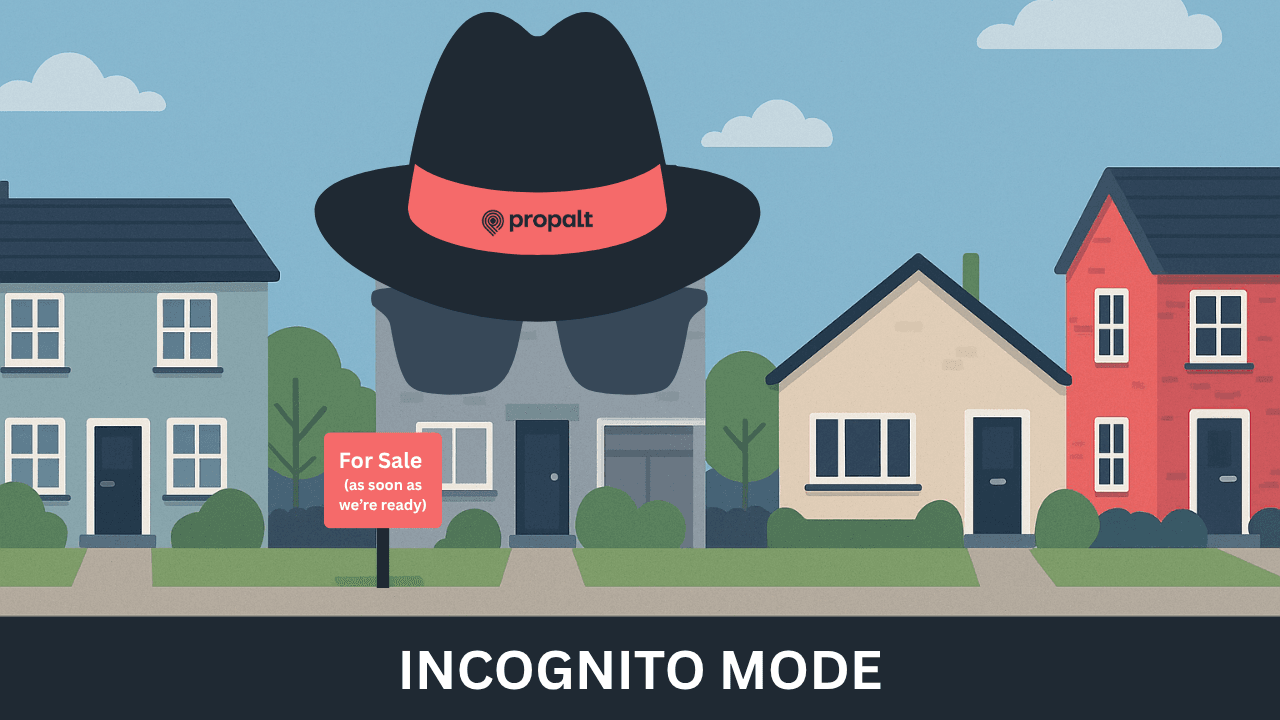

A Guide for Landlords and Property Owners in the UK's Property Market
In March 2024, the UK property market stabilises, with house prices leveling after previous volatility and sustained, strong demand for rental properties across urban and suburban regions. This underscores the importance of effective property management.
For landlords and property owners, navigating this market is critical to maximising investment returns. Strategic management and operational efficiency are now more crucial than ever, enabling property owners to enhance the value of their investments and achieve superior profitability amidst a competitive landscape.
The UK Property Market
As we enter March 2024, the UK property market is balanced, with stable house prices and a continuous, high demand for rental accommodations. This equilibrium suggests a market ripe for strategic investment, where informed decisions can lead to substantial financial gains.
The property market remains sensitive to various economic factors, including but not limited to interest rates, employment levels, and inflation rates. These elements play a significant role in shaping property values and the demand for rentals. Understanding these economic indicators is crucial for property owners to adapt their investment and management strategies effectively, ensuring they remain aligned with current market conditions.
Legal and Regulatory Considerations
Landlords and property owners are subject to a comprehensive set of legal responsibilities that govern everything from the property's safety and maintenance to the tenant's rights and agreements. Mastery of these legal obligations is essential for property's lawful and ethical management, protecting owners from potential liabilities and disputes.
The landscape of tenant rights, including but not limited to the right to a safe and habitable living environment, fair rental terms, and protection against unjust eviction, plays a significant role in shaping property management practices. Landlords must ensure their management approaches are fully compliant with these rights, which serves to foster a positive and sustainable relationship with tenants.
Effective Property Management Strategies
Setting the right rent price is the strategic determination of how much to charge tenants for leasing a property. It's a balance between attracting tenants by being competitive in the market and ensuring the rent is sufficient to yield a good return on investment. This involves conducting a comprehensive analysis of local rental prices for similar properties, understanding your property's unique value, and being adaptable to market demand fluctuations. Incorporating feedback from property viewings and staying informed about the local economic landscape are also crucial for adjusting prices promptly.
Effective property maintenance and management involve keeping the property in optimal condition to protect its value and appeal to current and prospective tenants. This includes regular inspections, prompt repairs, and updates to ensure safety and housing standards compliance. A proactive maintenance approach prevents minor issues from becoming major expenses and enhances tenant satisfaction and retention. Employing a systematic approach to property management, such as using property management software for scheduling maintenance and tracking expenses, can streamline operations and improve efficiency.
Tenant acquisition and retention is fundamental to maintaining a stable and profitable rental property. It starts with marketing the property effectively to attract a wide pool of potential tenants, followed by a thorough screening process to ensure they are reliable and financially stable. Building a positive relationship with tenants through clear communication and responsiveness to their needs is critical to retention. Offering incentives for lease renewals and maintaining competitive rent prices can also contribute to keeping tenants long-term, ensuring a consistent rental income.
Financial Management for Property Owners
Financial management in property investment involves tracking and managing income and expenses to ensure the profitability of your property. Effective strategies include creating a comprehensive budget that covers all expenses, such as maintenance, mortgage payments, and property management fees while forecasting rental income. Regular financial reviews help identify areas for cost reduction and revenue enhancement. Also, setting aside a contingency fund for unexpected expenses ensures financial preparedness for any situation.
Tax Considerations and How to Maximise Your Tax Benefits
Tax considerations are crucial for property owners to understand to maximise potential benefits. This involves being aware of and utilising tax deductions available for property investors, such as interest on loans, depreciation, repairs, and maintenance. Engaging a tax professional with real estate expertise can guide optimising tax deductions while ensuring compliance with tax laws, ultimately improving the investment's net profitability.
The Role of Technology in Modern Property Management
Technology streamlines operations and improves efficiency. It encompasses a range of digital tools and platforms that automate and facilitate tasks such as tenant screening, lease management, rent collection, and maintenance scheduling. This not only saves time but also enhances accuracy and tenant satisfaction.
Working with Property Management Agents
Working with property management agents offers landlords expertise and convenience by handling the day-to-day operations of property management. Agents can manage tenant relations, perform property maintenance, and ensure compliance with housing regulations, allowing property owners to focus on broader investment strategies. Their market knowledge and professional networks provide access to quality service providers and potential tenants.
Leading property management agents, such as Northwood, EweMove, Angel Marden Estate, and The Property Brokerage, offer specialised services that cater to different needs. For example, Northwood's Guaranteed Rent service provides financial stability, while EweMove focuses on innovative marketing and customer service. Success stories from our clients at PropAlt highlight the effectiveness of these agents in achieving investment objectives through professional property management.
DIY vs. Professional Property Management
The decision between DIY property management and hiring a professional involves weighing the trade-offs between direct control and the convenience of expert management. DIY management allows for hands-on control and potential cost savings but requires significant time and effort to manage legal, financial, and operational aspects.
Professional property management offers expertise, saves time, and can enhance tenant satisfaction and retention, albeit at a cost. The choice depends on the property owner's capacity, preferences, and investment goals, offering distinct advantages and challenges.
You might also like

The four easy steps to finding New Landlords with Propalt
Finding new landlords is a crucial aspect of growing a successful letting agency, but it can often feel like a daunting task. With Propalt, you have access to powerful tools and strategies designed to make this process more effective and efficient.

Win the instruction - even when they’re not ready to sell
Dormant Marketing Strategy ...If you’re attending a valuation with one of these sellers, there’s a risk: you leave without an instruction, only a vague promise of “we’ll be in touch once we’ve found something.” Even if they’re sincere, you’re now in a follow-up loop. And meanwhile, another agent could win their trust, find their next home, and take the listing.

Smart Letter-Dropping: A Guide to On-Market Canvassing for Estate and Letting Agents
During the summer, some listings stall. Some agents go on holiday. And some vendors get fed up. That’s where you come in. Here are six practical tips for improving your on-market canvassing strategy.
